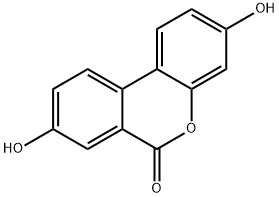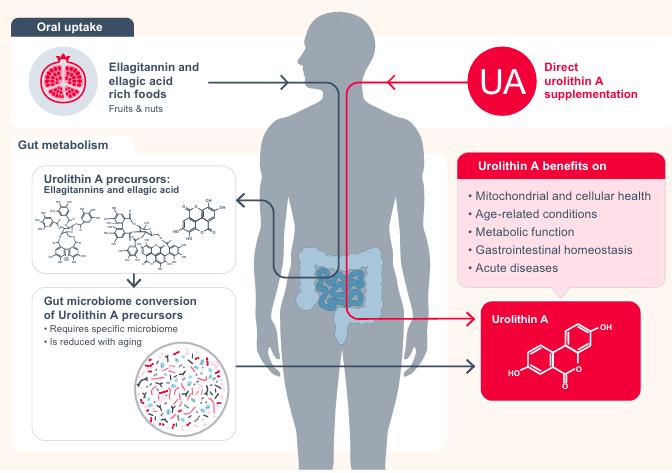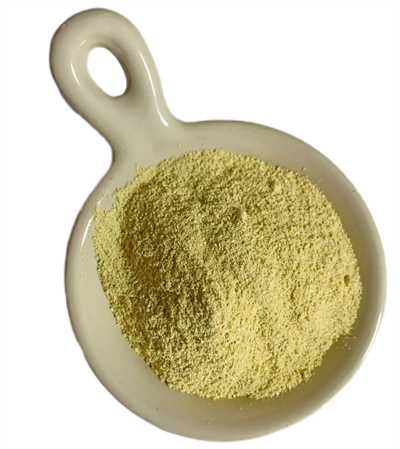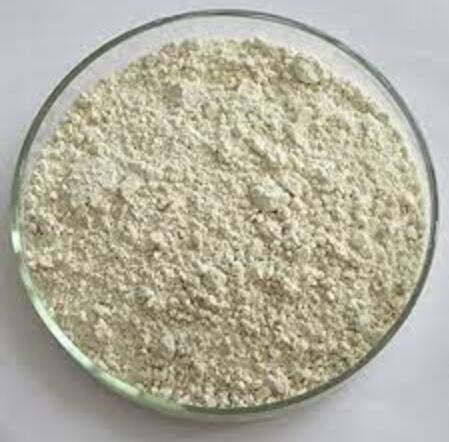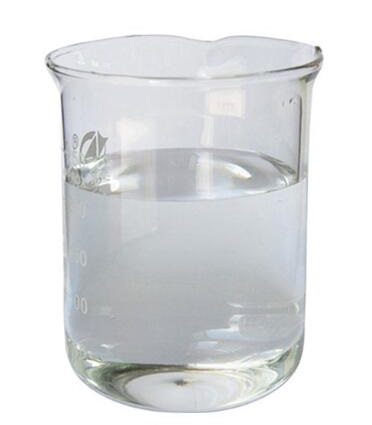Urolithin A: Clinical Application Potential and Mechanism of Action
Introduction
Urolithin A, a naturally occurring compound derived from dietary sources, has swiftly emerged as a prominent subject of investigation in muscle health and performance. Urolithin A, a natural metabolite derived from ellagitannins, is biosynthesized by the gut microbiota; it is a type of compound known as urolithins, which are present in pomegranates and certain other fruits and nuts such as strawberries, walnut kernels, and peanuts. Ellagitannins serve as precursors to urolithins and undergo microbial metabolism within the gastrointestinal tract to produce Urolithin A. Pomegranate, walnut, and almond stand out as the primary and richest dietary sources of Urolithin A. Pomegranate peel. Seeds contain abundant polyphenolic compounds, including Urolithin A formed through metabolism by the gut microbiota. Walnut is also considered a dietary source of Urolithin A, as it is rich in polyphenolic compounds and anthocyanins that may interact with gut microbiota during digestion and potentially generate Urolithin A. Almond is another potential dietary source of Urolithin A. It contains polyphenolic compounds, particularly flavonoids and anthocyanins, which can be converted into Urolithin A upon interaction with gut microbiota. Blueberry is recognized for its antioxidant-rich content, including various polyphenolic compounds, which may also include Urolithin A. However, research on the content of Urolithin A in blueberry remains limited, necessitating further studies to confirm its source and concentration.
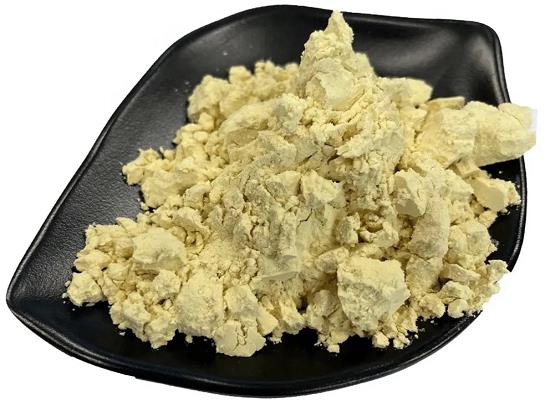
Urolithin A (UA) is a known inducer of mitophagy via several identified mechanisms of action. Researchers have identified UA as a potent activator of the phosphatase and tensin homolog (PTEN)-induced kinase-1 (PINK1)/parkin-dependent mitophagy pathway, which leads to the selective ubiquitination of mitochondrial proteins for phagolysosomal clearance. UA has also demonstrated activation of several PINK1/parkin-independent pathways, ultimately resulting in the degradation of defective mitochondria.
Mitophagy and Mitochondrial Functions
UA’s beneficial role is related to activating several molecular pathways of mitophagy. In Caenorhabditis elegans, the administration of UA increased expression of genes responsible for mitophagy and autophagy. The enhancement of the nematode process resulted in decreased accumulation of damaged organelles and increased mitochondrial biogenesis. The involvement of the nuclear factor erythroid-derived 2-like 2 (Nrf2) homolog—skn-1 transcription factor was indicated to coordinate the regulation of mitophagy and mitochondrial biogenesis. The UA-induced mitophagy in worms contributed to maintaining mitochondrial respiratory capacity during ageing, which is related to extended lifespan and increased mobility. The robust mitochondria could sustain energy needs related to shifting respiration from complex I to complex II, as demonstrated in mammalian cells. In aged rodents, supplementation of UA also promoted mitophagy in the muscles of both young and old animals, accompanied by increased transcripts of mitophagy genes and ubiquitinated mitochondrial proteins in muscle tissues. Similar outcomes were observed in models of Duchenne muscular dystrophy (DMD). In dystrophic worms, UA increased mitochondrial quality and content, protecting against disease-associated muscle fiber degeneration. As a result, increased motility of the dystrophic worms was observed. UA-induced mitophagy-related genes and increased mitophagy flux in both human myoblasts from MDM patients and muscle tissues from dystrophic mice.
Anti-Inflammatory Activity
A substantial body of research revealed the anti-inflammatory activity of UA. As some diseases, including those related to ageing, are associated with chronic, low-grade inflammation, UA’s ability to modulate inflammatory response is specially investigated. UA administration downregulated inflammatory cytokines/chemokine and immune cells in mice with cisplatin-induced nephrotoxicity and resulted in reduced levels of the endoplasmic reticulum stress (ERS) markers, phosphorylated mitogen-activated protein kinase 8 and pro-inflammatory interleukins in obese mice. Importantly, in mice fed a high-fat diet (HFD), UA promoted M2 polarization of peritoneal macrophages, thereby mediating attenuated inflammation. Moreover, plasma IL-1β and TNF-α decreased, while IL-10 increased in diabetic mice after the administration of UA. Also, UA treatment resulted in a decrease in neuroinflammation, reducing the levels of cerebral TNF-α and IL-6 and increasing IL-10 in AD mice accompanied by attenuated gliosis. The restoration of neuronal mitophagy was indicated to enhance the phagocytic efficiency of microglia. UA inhibited the activation of dendritic cells and microglia in the central nervous system (CNS) and the migration of pathogenic T cells from the periphery to the CNS in an experimental autoimmune encephalomyelitis (EAE) animal model. The anti-inflammatory ability of UA might also be related to the suppression of phosphatidylinositol 3-kinase (PI3-K)/Akt/NF-κB and JNK/AP-1 signalling pathways, the abolishment of which resulted in the suppression of pro-inflammatory mediator production in lipopolysaccharide (LPS)- stimulated RAW264 macrophages. In colitis and EAE mice, the anti-inflammatory effects were connected to the direct targeting of the aryl hydrocarbon receptor (AhR) and modulating the signaling pathways contributing to the inhibition of Th17 differentiation and the activation of dendritic cells and to a reduction in the inflammation barrier functions, respectively.
Reference
1. Kothe B, Klein S, Petrosky SN. Urolithin A as a Potential Agent for Prevention of Age-Related Disease: A Scoping Review. Cureus. 2023; 15(7): e42550.
2. Wojciechowska O, Kujawska M. Urolithin A in Health and Diseases: Prospects for Parkinson's Disease Management. Antioxidants (Basel). 2023; 12(7): 1479.
Related articles And Qustion
Lastest Price from Urolithin A manufacturers
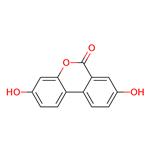
US $1290.00/g2025-11-24
- CAS:
- 1143-70-0
- Min. Order:
- 1g
- Purity:
- 99 %
- Supply Ability:
- 500 Kg

US $299.00/BAG2025-08-13
- CAS:
- 1143-70-0
- Min. Order:
- 1BAG
- Purity:
- 0.99
- Supply Ability:
- 1000KGS
